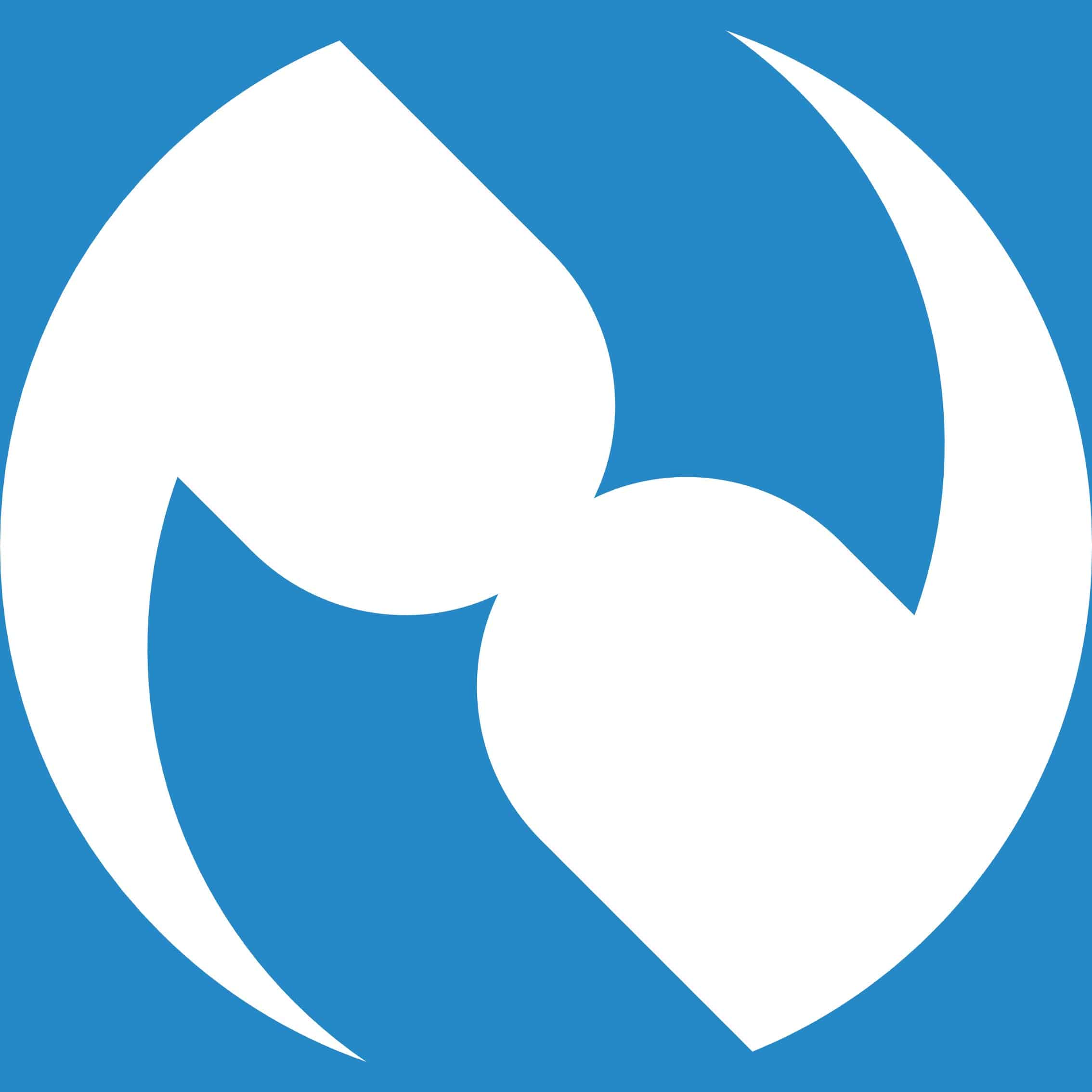Capital markets executive summary | Wed 9 Aug 2023
Capital markets executive summary | Wed 9 Aug 2023
Risk of cross-default for Country Garden’s sukuk emerges
RAM Ratings assigned a AA3 rating to the RM1.5b Islamic medium term notes issued by Country Garden Real Estate Sdn Bhd (CGRE) in 2015. In Dec 2022, the rating agency placed the sukuk on negative outlook. The sukuk are guaranteed by China’s Country Garden Holdings (CGH) which failed to pay the coupons on 6 Aug amounting to USD22.5m for dollar-denominated bonds maturing in 2026 and 2030. CGRE’s sukuk have a provision that triggers a default on the sukuk if the guarantor defaults and does not remedy it within 30 days. CGH’s share price has plunged 58% year-to-date. Amongst others, Manulife holds RM28.7m CGRE sukuk, Maybank RM60m CGRE sukuk and USD1.8m CGH dollar bonds, and AHAM USD7.72m CGH dollar bonds. In Jul, Dalian Wanda avoided default after it sold off a unit to raise money to pay the coupon on its USD400m bonds within the 10-day grace period.
RCE Marketing’s AAA and AA2 sukuk final ratings assigned
RAM Ratings assigned the final ratings to Zamarad Assets Berhad’s Tranche 9 RM175m Class A sukuk and RM30m Class B sukuk respectively to be issued from the RM2b sukuk murabahah programme. Tranche 9 will be collateralised by personal financing facilities with outstanding principal balance of RM246.62m extended to civil servants and originated by RCE through its business partners. The facilities will be repaid via non-discretionary salary deductions processed by the Accountant General’s Department via EXP Payment Sdn Bhd and Angkatan Koperasi Kebangsaan Malaysia Berhad, an apex cooperative. The compulsory deductions and low civil service attrition rate minimise credit risks. The collateral plus the prefunded RM5.14m in the finance service reserve account underlie the over-collateralisation ratio of 40.93% for Class A and 20.30% for Class B, which are sufficient credit enhancement to mitigate losses under AAA and AA2 stress scenarios. The base case assumption for monthly net default rate is 0.09% and low and high prepayment assumptions are 0.035% and 0.80% respectively based on the historical loss performances of RCE’s static pools A revolving option has been incorporated to enable Zamarad to utilise surplus cash to buy new receivables.
We email an executive summary of 5 main capital markets news daily for busy professionals to keep up-to-date in an information-overloaded world.
Malaysia Smelting’s net profit down 27.9%
The company’s net profit fell to RM28.45m in 2Q ended 30 Jun 2023 from RM39.45m in 2Q2022 as revenue declined 20% to RM327.01m from RM408.84m because of lower average tin price of RM116,500 per tonne compared with RM158,900 per tonne a year ago. Pre-tax profit for the tin smelting segment was RM21.6m compared with RM8.2m pre-tax loss in 2Q2022 due to increased sales of refined tin and by-products and smelting revenue. For 1H2023, the company’s net profit shrank 38.5% to RM63.86m from RM103.79m. Revenue fell 13.2% to RM667.07m from RM768.31m. Despite higher volumes of refined tin production and increased tin mine output, the figures were impacted by unfavourable tin price movements. The Pulau Indah smelter should deliver higher yields with lower carbon footprint and lower manpower and energy costs, through more efficient top submerged lance furnace. The company looks to achieve 30% cost savings from the planned de-commissioning of the Butterworth plant in 2024. The counter closed at RM2.26.
Malaysia’s manufacturing sales fell 4% in Jun
The Department of Statistics said that the sales value of the manufacturing sector declined year-on-year to RM147.4b after a growth of 3.3% in May. Key factors were the 14.6% fall in food, beverages and tobacco sub-sector, the 3rd straight month of double-digit declines. The petroleum, chemical, rubber and plastic sub-sector was down 12.4% while the wood, furniture, paper products and printing sub-sector shrank 1.1%. Month-on-month, the sales value rose slightly by 0.4% from RM146.8b in May. The sales value of export-oriented industries, which contribute 73% of total sales, decreased by 7.4% in Jun after increasing 0.1% in May. Vegetable and animal oils and fats was down 27.4%, coke and refined petroleum products (-18.6%), and rubber products (-13.2%). Domestic-oriented industries kept their growth trend since Sep 2021, growing 6.8% in Jun 2023 against a 12.5% increase in May. Manufacture of motor vehicles, trailers and semi-trailers was up 10.5%, food processing products (+7.5%), and fabricated metal products, except machinery and equipment industries (+7.4%). Month-on-month, the export-oriented industries gained 2.4% whereas domestic-oriented industries shrank 4.6%.
European bankers pitch snooze drag to prevent loan defaults
Rising interest rates and slowing economies have hit many companies hard. Buyout firms that own them and loaded them up with debt have been unable to sell them to other buyers. The option is to amend and extend the loans but the leveraged loans are held by collateralised loan obligations (CLO), many of which have investment deadlines and cannot participate in the amended loans. Instead, bankers are telling the CLO managers to snooze during the vote so that the CLOs get dragged into the longer loan. These managers are agreeable because they want to stay in certain credits but are not able to actively agree on the extension. The AAA tranche investors are also understanding given that the borrowers are having trouble refinancing and they do not want to see downgrades in their portfolio.

